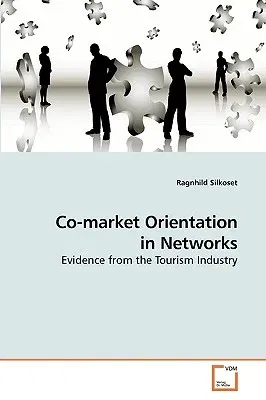Ragnhild Silkoset
(Author)Co-market Orientation in NetworksPaperback, 15 January 2010

Qty
1
Turbo
Ships in 2 - 3 days
In Stock
Free Delivery
Cash on Delivery
15 Days
Free Returns
Secure Checkout
Print Length
212 pages
Language
English
Publisher
VDM Verlag
Date Published
15 Jan 2010
ISBN-10
3639207319
ISBN-13
9783639207316
Description
Product Details
Author:
Book Format:
Paperback
Country of Origin:
US
Date Published:
15 January 2010
Dimensions:
22.86 x
15.24 x
1.22 cm
ISBN-10:
3639207319
ISBN-13:
9783639207316
Language:
English
Location:
Saarbrucken
Pages:
212
Publisher:
Weight:
317.51 gm

